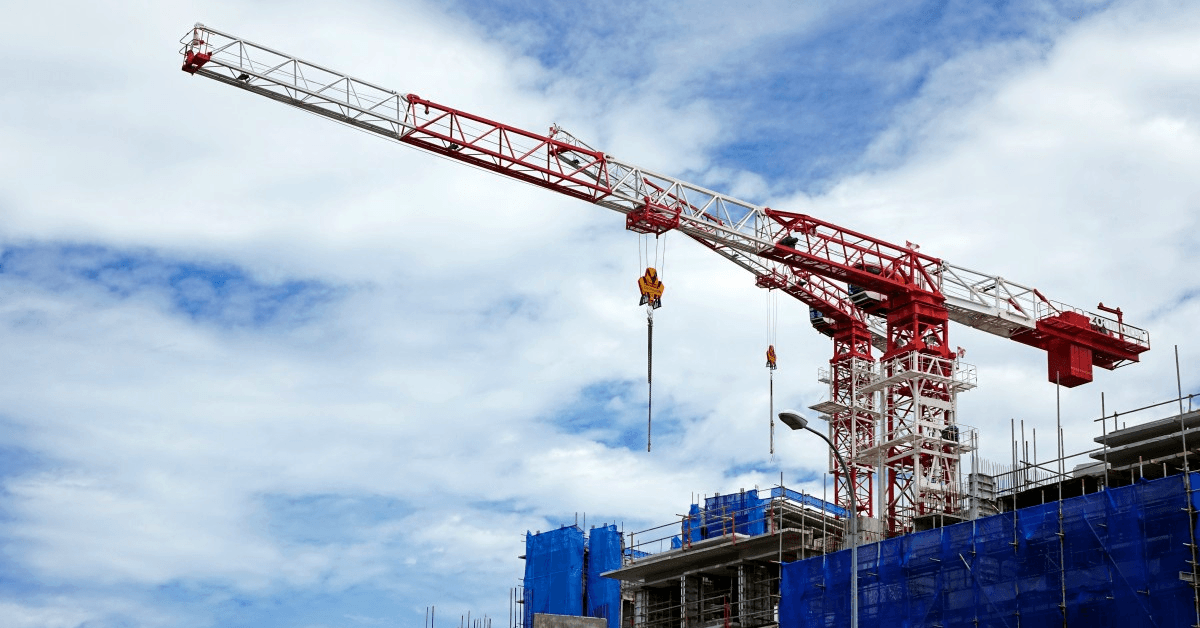Essential Tips on How to Write a Perfect Construction Resume
By Randy Breneman on Thursday, June 6, 2019Follow these simple resume tips to advance your career in the construction industry.
Finding work in the construction industry used to take a simple handshake agreement or word of mouth. Someone knew someone who knew someone who needed a job, and that someone has their own tools or is the best framer/roofer/finisher around. To make matters easier, lots of people worked with their hands, buildings were popping up everywhere, and homes were getting bigger and bigger.
Well… it’s not that simple anymore. Let’s start with the basics.
To write a resume that lands you the job you want, you will need to include a few basic details. The exact format you choose matters less than the information you provide. As we move forward, try to remember that a resume doubles as an introduction. It should provide a prospective employer enough information about you and your work experience to make them want to meet you.
Contact Information
First up? Contact information. Make sure to list your name as well as your phone number. These are the first pieces of information a crew manager will review, but don’t stop there. Ideally, you should include your physical address and your email address. There are a few reasons for this:
- Your email and address may be used to verify your identity.
- Some employers send you your job offer, complete with benefits information and onboarding information.
- The employer may want to mail you a hire packet once you get the job. Spelling your email address over the phone creates an opportunity for error.
If you apply to any managerial role or something that requires a specific skill (like detailed mason work) you should also include a link to your website, professional social media, or any other online resource that proves your talent.
Summary
Next up, you will want to include a summary. This section of your resume contains a jumble of sentence fragments that outlines the basics about you as an employee. You could say “experienced laborer” or “looking for an opportunity to continue working in water feature design” or whatever else explains YOU. Many people also like to say how many years they have worked in the field, talk about the unique skill sets they have (e.g., speaks Spanish, trained in HAZMAT), and mention the role they would like to have with a prospective company.
Certifications, Education, and Apprenticeships
Not everyone in construction went to school to learn their skills. Many people learn by watching family members, then build on that knowledge while on the job. They work their way up from gofer to crew leader. If that sounds like you, great! You could include a short paragraph that explains how you came to know what you know. A few phrases or sentences will do. However, if you have earned a certification (e.g., CCM), studied one of the construction trades at a vocational school (e.g., Vo-tech in high school), or went through an apprenticeship, make sure to list that out with details about when and where. If you have a CDL license or a forklift license, list that here.
Skills
Listing out all of your skills is essential as well. While you don’t need to list every little thing you know how to do (e.g., don’t say you know how to use a power drill… everyone does), you should list any relevant skills. For example, if the job ad mentions that the operation of heavy equipment may be required, write out the machines you know how to run (e.g., “can operate backhoe”).
An Important Note on Word Usage: In this section, be careful about how you word everything, especially if you are submitting your resume online. Many employers use software to examine the words and phrases you use in your resume (yes, even in the construction industry). This helps them see if your skills are a match without taking the time to have an actual person read your resume. You can use this to your advantage by recycling the same terms listed in the ad in your resume.
Work Experience
Finally, take the time to list out your work experience. Write down the companies for which you have worked and highlight some of the more significant projects in which you had a role, with the dates and locations included. Where possible, include numbers to demonstrate your value. This could consist of specifying the budget for a job or the number of square feet covered (as well as the number of people you managed or the amount you were under budget).
Conclusion
Working in construction may require a lot of physical work, but to get a job in today’s world, you need to take at least a little time to flex your office muscles. Make sure you showcase your skills on a professional-looking, error-free resume.


